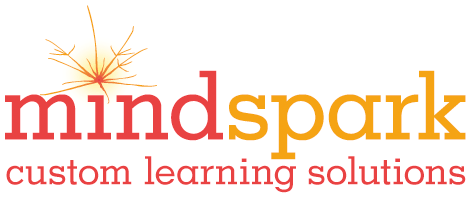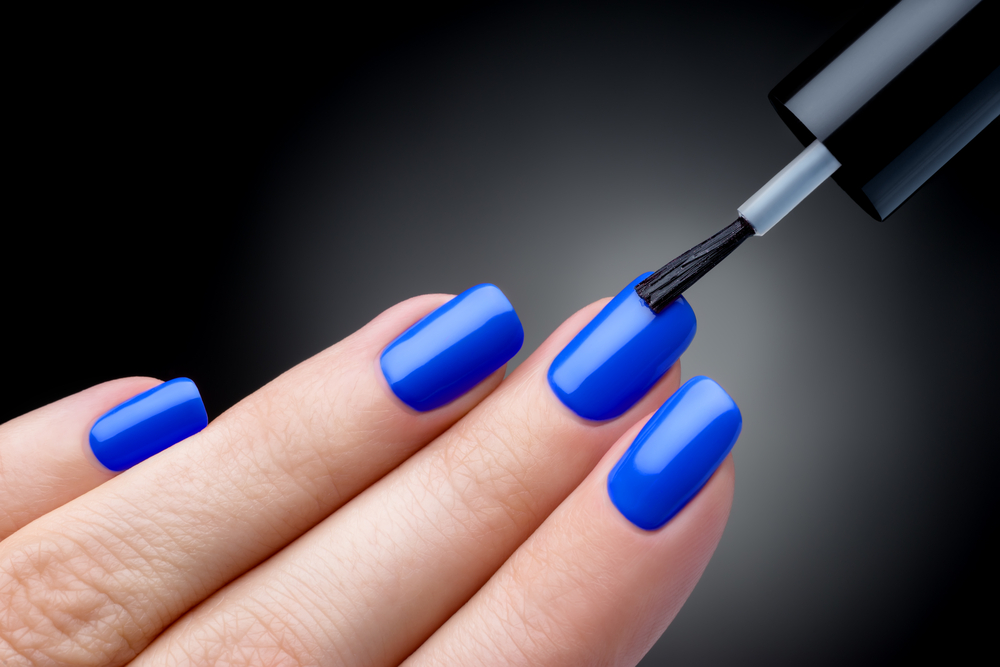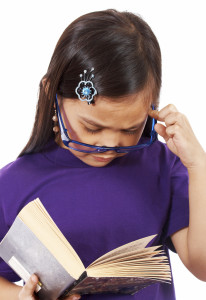Did you know you should use a base coat when painting your nails because a base coat is stickier and softer than nail polish, so it not only helps the polish adhere, but it expands and contracts with your nails? Who knew? Well, now you do, I do and so does one of my students–a high school sophomore struggling to read with fluency above the 18th percentile whom we’ll call Sophia.
At an IEP last year, Sophia’s mother teared up when she voiced one of her dearest hopes, “I just want her to pick up a book someday for pleasure.”
Sophia, who has been in special education schools since third grade and been remediated up the wazoo, is certain. “It’s just not gonna happen. I hate reading.”
And can you blame her? Despite Slingerland, Lindamood Bell, Language! and a host of other programs, reading is still effortful and slow for Sophia. She knows all the phoneme/grapheme correspondences (in plain English, that would be the sounds of all the letters and letter combinations) and all the rules of syllabication, as well as knowing the most common prefixes and suffixes and the spelling rules for adding them or stripping them. Yet, those sounds and rules still come slowly and multisyllable words still take a handful of seconds to decode. The combination of slow speed and high effort means that precious brain processing power is diverted away from making meaning to simply reading. Without lots of mental hard drive space available to work on understanding, visualizing, making connections, questioning and engaging, reading is pretty much an exercise in drudgery.
So, what to do in our weekly session? More drill on basic sound-spelling correspondence? I’m thinking that is not going to do anything but confirm her understanding of reading as hard, thankless work. So instead, after checking in with her about schoolwork and homework and the social drama that is high school, I ask her a simple question: what do you want to read about today?
Neuropsychologist George McCloskey explains that questions like this activate a student’s executive functioning network–as soon as the student asks herself the question, the frontal lobe lights up, looking for answers. If a student doesn’t have the answer, just keep asking. Each time you ask, the capacity for the student to ask herself increases, and thus the executive functioning system comes more online.
So far, Sophia and I have read about Michael Morse–her beloved ex-San Francisco Giant; steps for kids with LDs to go to college; why your foot falls asleep; and of course, painting your nails. Six Common Mistakes You Make Painting Your Nails, to be precise.
As trivial and non-academic as it sounds, Sophia had to work through sentences like, “Greasiness from lotion prevents polish from adhering,” and “Polish remover that’s pure acetone will get rid of residue faster, but if that’s too drying, try a nonacetone remover.” And yes, she was able to work out acetone. And from there we got to analyze nonacetone. We also looked at greasiness and its link to grease and greasy
Me: Where did that y go?
Her: It changed to an i. Now you sound like my Slingerland teacher.
Yes, Virginia, all that work you did in school works in real life too.
I was happy to see and chat about the appositive: “get into the corners and under nail tips, where oil — the great enemy — may be hiding.” Happily, a structure repeated in Why Does my Foot Fall Asleep, “Some people believe that paresthesia — the heavy, dull, tingling, burning or “weird” pins and needles feeling when your foot falls asleep — is caused by not enough blood circulating to your foot.”
We also shared a lot of eye rolling and “Who has time for that?” when the article suggested we should reapply topcoat every other day “to prolong your mani and increase shine.” And what cognitive processes underlay all those eye-rolls and giggles? Understanding, visualizing, making connections, questioning and engaging.
As is often the case for me, I learned this Googling for Content technique with another student–a bright, curious, dyslexic middle schooler whom we’ll call Steve. Steve’s explanation that he would pretty much prefer reading anything to fiction because, “If I have to read, I can at least learn something,” transformed our work together. As with Sophia, I would ask Steve what he wanted to read about today. The answers were astounding: the differences between wooden, aluminum and titanium bats; Belgium waffle recipes, Belgium sugar, and Belgium waffle makers; the new Lamborghini; siphons and water wheels…a breadth of topics I never could have anticipated, even with a thorough interest inventory.
As with Sophia, I wanted Steve to know that there were plenty of reasons to read even if one simply didn’t enjoy fiction. I wanted him to see reading as a useful and purposeful activity, rather than something his parents and teachers inexplicably thought was important. I also wanted him to get the feel for self-motivated and self-directed research and learning. I wanted him to develop, in the words of Maria Montessori, a need to know.
If you teach a Sophia or a Steve, the next time you have the urge to shove your favorite book into their hands hoping they will catch the magic you felt with it, try asking them what they want to read about today. You’ll fire up their frontal lobe, engage their curiosity, show them that reading has value even for them and get to work on all sorts of academic and higher order thinking skills. And you may even learn some interesting stuff along the way. Now, if you’ll excuse me, I have a topcoat to apply. Gotta maintain that shine.







[…] Posts Nail polish and baseball bats; Googling for content with your student The Power of Story Dissolving Writer’s Block In Defense of Pandering Developing details in […]
After reading your articles, watching your video, and now reading your blog, you’ve convinced me to sign up for your email!
Thanks much! I promise I won’t flood you.
My 5th grader became interested in reading because we taught him how to Google his favorite athletes, teams, songs and performers. Even if we have to read or explain the entry to him, he’s interested, trying to read and learning new words. It also adds a new level to our discussions when we discuss the athlete, song etc.
That’s great. I had one kiddo this summer who may be a rock star someday. She hated reading but loved pop songs, so we mostly printed out the lyrics of the songs she liked and read those. I loved not only her excitement, but also how it helped support her reading knowing the song already. Good work!
Great idea! Meet them where their interests are and you will always be more successful! It works very well with my autistic daughter – high school texts just don’t interest her but ask her anything about Justin Bieber or the Power Rangers and she can go on for hours!
Exactly. I had one kiddo write about Angry Birds for almost a year. Descriptions, comparing and contrasting angry birds space with angry birds original, comparing all the birds, assessing the physics in the space one…at the end of the year he wasn’t reluctant to write anymore.
Who knew – people actually read in real life :-)
I suppose a different kind of reading these days that could be taught would be how to read “Text speech” and all how to interpret life’s acronyms in and out of context. For example: I was exchanging and email with a Tech friend – wherein acronyms like HTML, CSS and SQL all have a particular tech meaning. At some point he used the term IMHO and I wondered what new technology he was talking about. So I asked him what IMHO was and he replied In My Humble Opinion – to which I replied LOL ;-)
I hear you! I was texting with my niece and she typed in BRB, so I asked her what it meant and she didn’t answer for about 5 minutes. Turns out it means Be Right Back. :-)
What an excellent idea and blog post!
Love this!
Thanks!